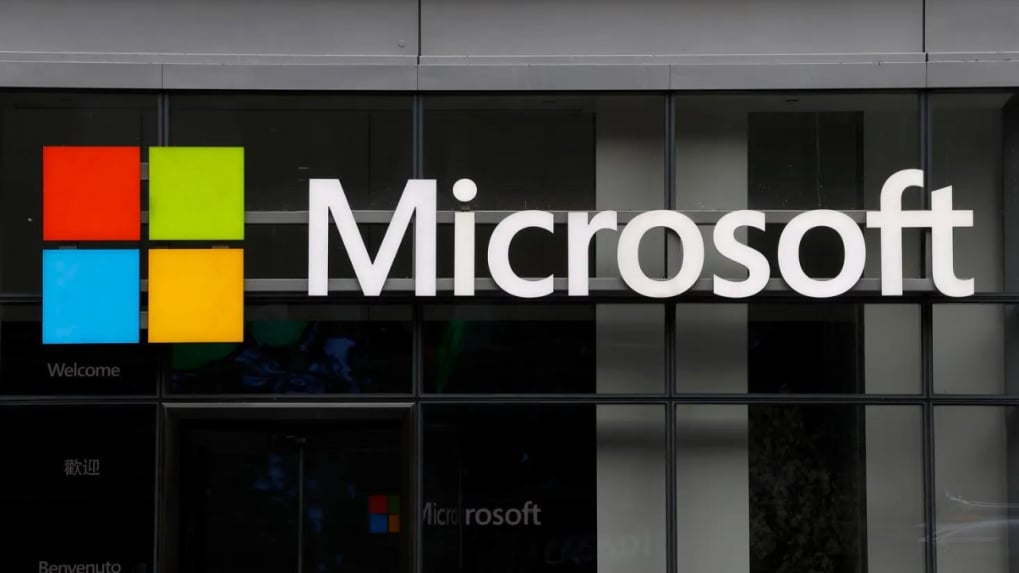Advertising
From Pink Slips to Silent Sidelining: Inside adland’s layoff and anxiety crisis

Microsoft has been charged by EU regulators with antitrust violations for bundling its Teams chat app with Office 365 and Microsoft 365 subscriptions. This is the first time Microsoft has been charged for antitrust in the EU in 15 years.
The European Commission in a statement said, “The European Commission has informed Microsoft of its preliminary view that Microsoft has breached EU antitrust rules by tying its communication and collaboration product Teams to its popular productivity applications included in its suites for businesses Office 365 and Microsoft 365.”
The giant has been given a statement of objections highlighting all of the concerns the EU has with the Teams bundling. Last year, Microsoft unbundled Teams from Office in Europe in order to address regulatory concerns. It then made Teams from Office 365 its own individual app globally. However, this move by the giant has proven enough to avoid any charges.
The action taken by the EU was based on a complaint in 2020 by Teams’ rival platform Slack, owned by Salesforce.
The EU said that Teams had an advantage in distribution while the interactions between Teams’ competitors and Microsoft’s offerings were being prevented due to limitations which caused rivals further problems.
EU antitrust chief Margrethe Vestager in a statement said, ”Preserving competition for remote communication and collaboration tools is essential as it also fosters innovation on these markets.”
If Microsoft is found guilty of the antirust violations, a fine of upto 10 percent of the company’s annual global turnover could be imposed. It is also possible that the EU forces Microsoft to change its software products.
From purpose-driven work and narrative-rich brand films to AI-enabled ideas and creator-led collaborations, the awards reflect the full spectrum of modern creativity.
Read MoreLooking ahead to the close of 2025 and into 2026, Sorrell sees technology platforms as the clear winners. He described them as “nation states in their own right”, with market capitalisations that exceed the GDPs of many countries.